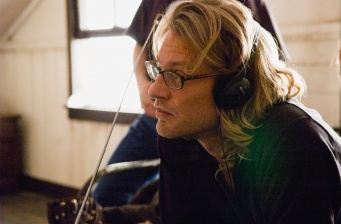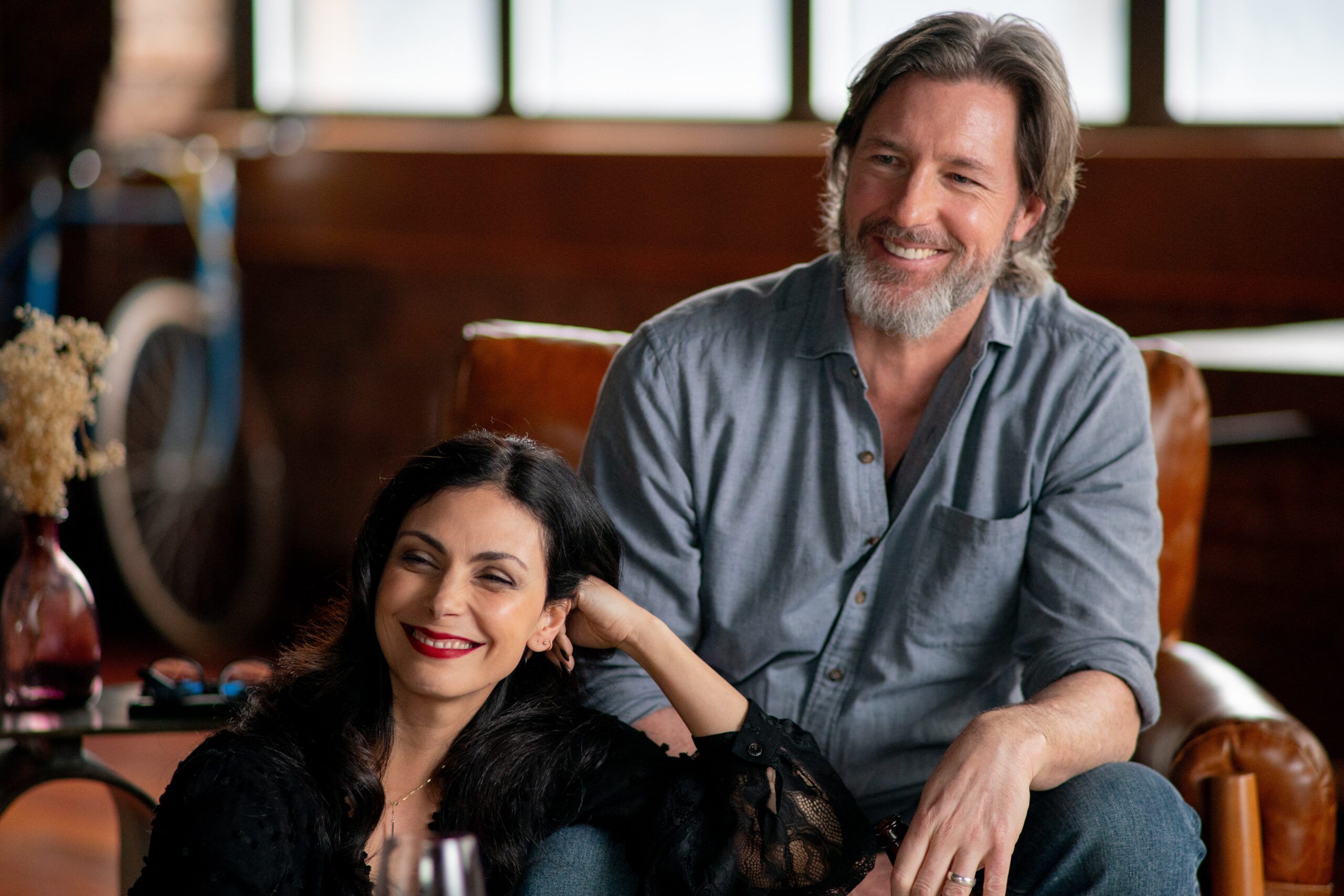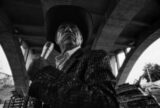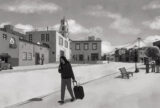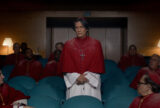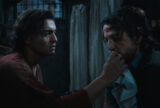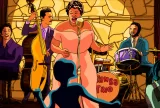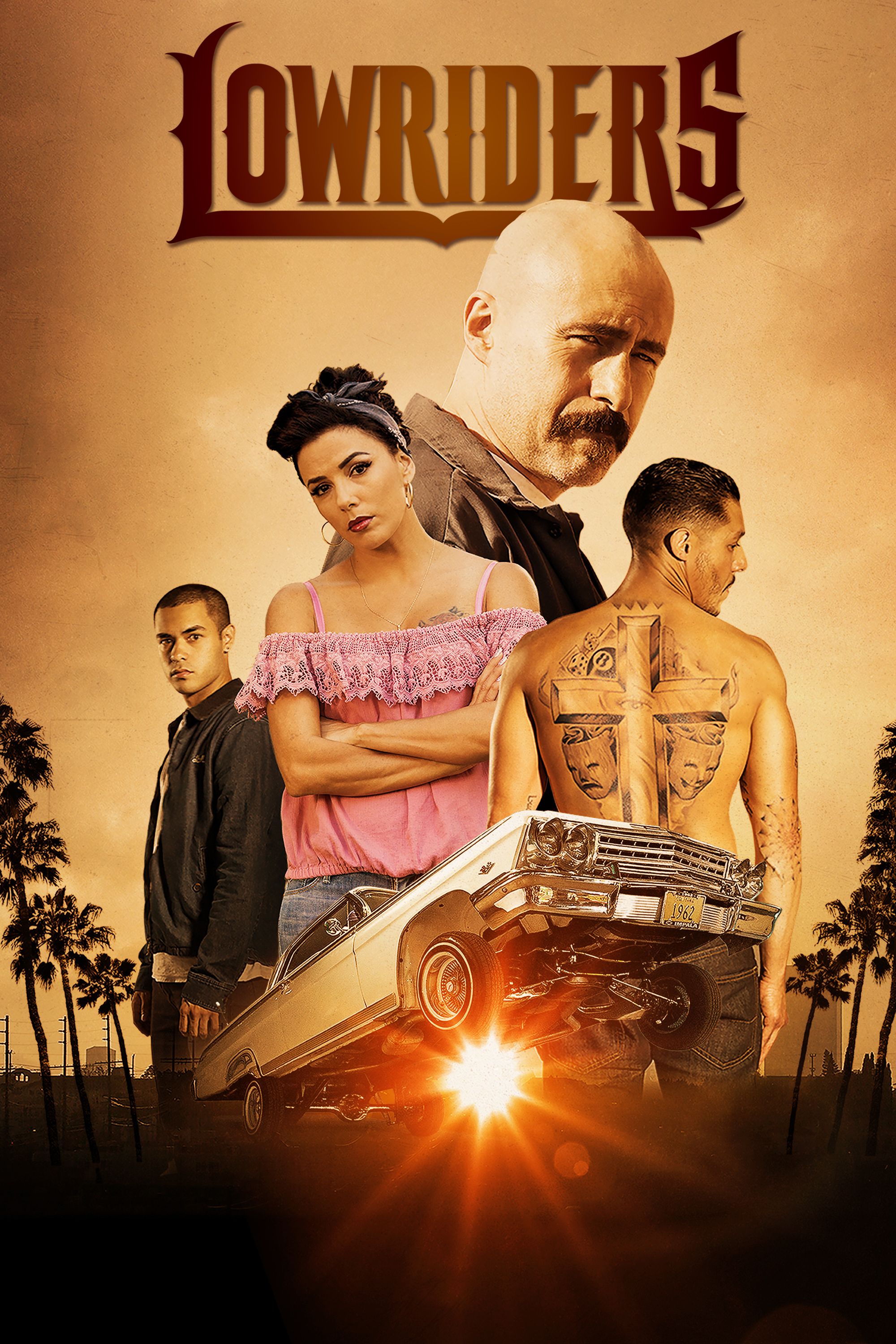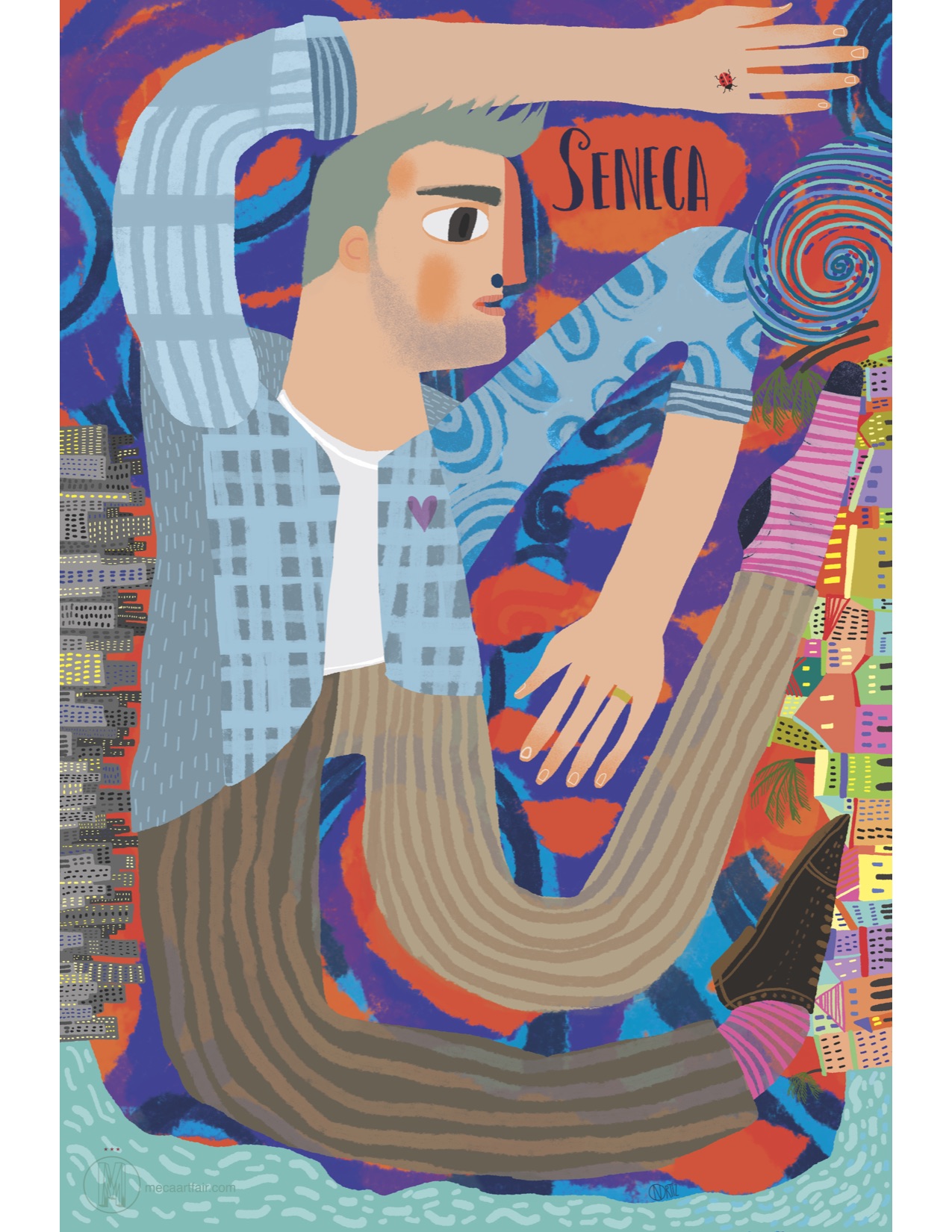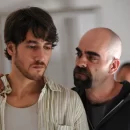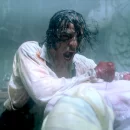11.27.2012 | By Karen Posada |
Although ‘Killing Them Softly’ director Andrew Dominik has been in the business for over a decade, he doesn’t have a long catalog of films to his name, but the few truly speak wonders of his talent. His first film ‘Chopper’ came out in 2000, a comedic crime biography film based on the story of an Australian criminal, which received three awards from the Australian film institute including best director. It gave the New Zealand born director plenty of attention. So much so, that Brad Pitt couldn’t wait to work with him for his second directed film ‘The assassination of Jesse James by the Coward Robert Ford’ yet another crime biography but this time dramatic film. This one also went on to get great reviews and although it had some problems with the studio thanks to the big name attached it finally came out in 2007. Five years later his third film a crime drama thriller ‘Killing Them Softly’ is here and will open this Friday, November 30th nation wide.
‘Killing Them Softly’ tells the story of how three men: Amato (Vincent Curatola), Frankie (Scoot McNairy) and Russell (Ben Mendelsohn) try to outsmart the mob robbing one of their card games hosted and dealt by Markie (Ray Liotta), shaking up the underground world. Jackie (Brad Pitt) is hired to set things back in order and send a message to anyone who thinks of messing with the Mob and their economy. In dealing with the boss’ right hand Driver (Richard Jenkins) and his trusted friend Mickey (James Gandolfini), Jackie realizes he has to use his professionalism and skill to get the job done right.
In my interview with Dominik he spoke more in depth about the film, his cast choices and what it was like working with these actors that are larger than life.
ShowBizCafe.com (SBC): How did you come to choose Brad Pitt for the main character’s role?

Andrew Dominik (AD): I know Brad because we’ve worked together before. Brad is not a person that you can cast as an everyday man. I wouldn’t believe Brad in a supermarket in a movie, but I do believe him as a mythological figure. He’s like the cool fixer guy in the movie. Brad has a certain mystery about him, no matter what he shows, you always feel like there’s the rest of the iceberg below the surface of the water. Jackie is a good character but he’s something to decipher he’s not really letting you know who he is or what he thinks. He gives you some perspective about him at the end of the picture, so having somebody like Brad who retains a certain mystery, really gives that character a kick. I also think with actors you either have to cast them as somebody who’s close to who they are or the exact opposite. Brad he’s a generous guy, a generous spirit, so having him play somebody who’s completely selfish, kind of a prick is fun for him. [It] allows him to take a holiday from himself.
SBC: Did you have to give much direction to someone like James Gandolfini, who played a mobster for years in ‘The Sopranos’ about how to act like a gangster?

AD: The thing about Jim, is that he’s really hard to direct because he spends so much time thinking himself up, that it’s really hard to get a word in. He’s one of the great actors, there’s very little that he does that it’s not usable. He’s a really sensitive guy and his approach to Mickey is to find his emotional landscape. Jim instinctively comes at it from there, I think he can find it kind of frustrating and I know he was frustrated by the amount of dialogue that he had to get through in his sayings.
In a way this movie was the least amount of directing I’ve ever done. It was sort of more me just trying to get out of their way and if they made mistakes I wasn’t going to use them and make them feel as someone is paying attention and gives a sh*t. Basically that’s it, you just need to feel like the director is paying attention, that he’s not going to use bad sh*t and he really wants you to do good and then if you feel any of those three things you can really muddle through anything. You have to have ideas for actors too, it’s no good to go up to actors and say “ok let’s just do it different†and not give them an idea of what they can do. It’s encouraging for the actor to use their imagination; when you are a kid and you are playing cops and robbers you invent a story for yourself and actors, I think, do the same when they are in a scene. You always have an idea on how you want the scenes to be, but how you get there and how the characters might negotiate that’s something that you want to happen spontaneously as you go, [you] try for the film [to] live not be dead like a thing encased in amber.
SBC: Can you talk about the ideas behind the film, such as the choice in music? Also, were there scenes that ended up differently than expected?
AD: The idea behind, the movie is called ‘ Killing Them Softly’. Which I guess it’s about Brad’s idea that there’s a right way of killing somebody, to do it in the most painless way possible. The idea of [one of the] sequences was to dramatize a soft killing, or a killing that was like a lullaby. There are three approaches to violence: not to show it, make it ugly and make it beautiful. That’s an example of making it beautiful, it’s not what you’re expecting, therefore maybe it’s delightful in some way.
The [scenes] always do [end up differently], they all do. The scenes with Ben, because with him I just egg him along, so he’ll just say as much to the script as he can remember and think he’ll just fills in the rest and it’s generally the rest he fills in that it’s really entertaining. With Brad I was surprised at how he approached the scene with Scoot (McNeary) in the bar, by how soft it is, which is the right way to do it. When people get heavy it’s because they feel a loss of power. If somebody gets loud or intimidating it’s because they feel like they are not in control and you see him almost horse whisper in that scene and it’s very effective and not necessarily what I was expecting him to do.

SBC: Your film combines what we know as gangster movies with an acute political statement. What’s your message?
AD: Well I guess it’s just saying that America is not rotten all the way through, America is an economic idea as much as it’s an ideological and philosophical idea. That everybody is free to get rich and I guess what you see in certain circumstances people are basically able to get away with things because they pay for them. The movie is very cynical; Brad’s character doesn’t see it as being a bad thing. Capitalism is almost like the economic idea of Darwinism, the economic idea of survival of the fittest, that’s what it’s supposed to be. The idea that people vote for what products they like or what things they want, but there’s certain things you don’t have a choice in, you have to buy health insurance and most people selling you insurance are not worried about you being well. If you get sick they are going to try to not pay you. It’s about capitalism in a way; they are trying to get rich quick.

